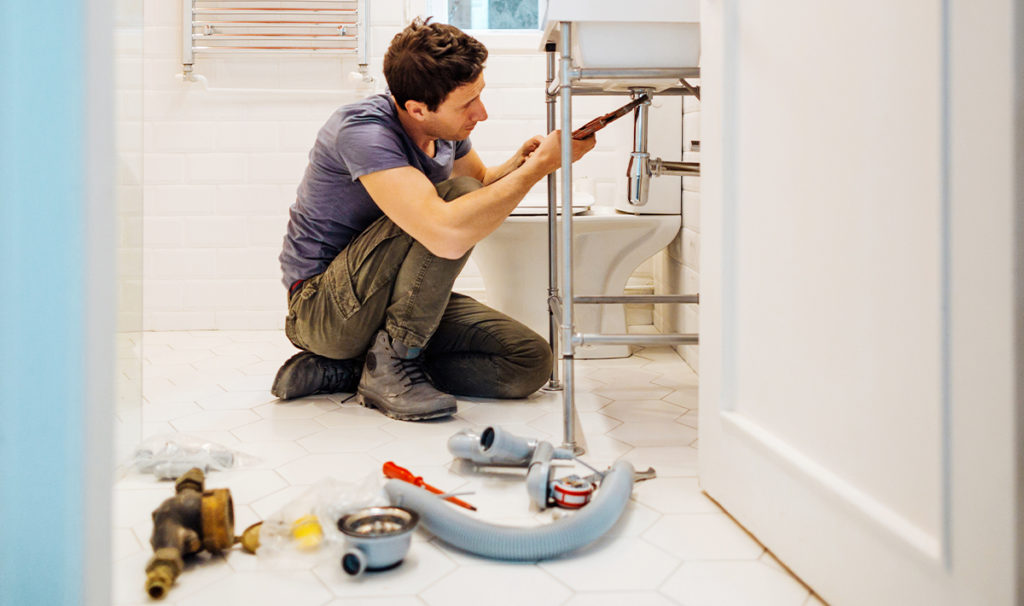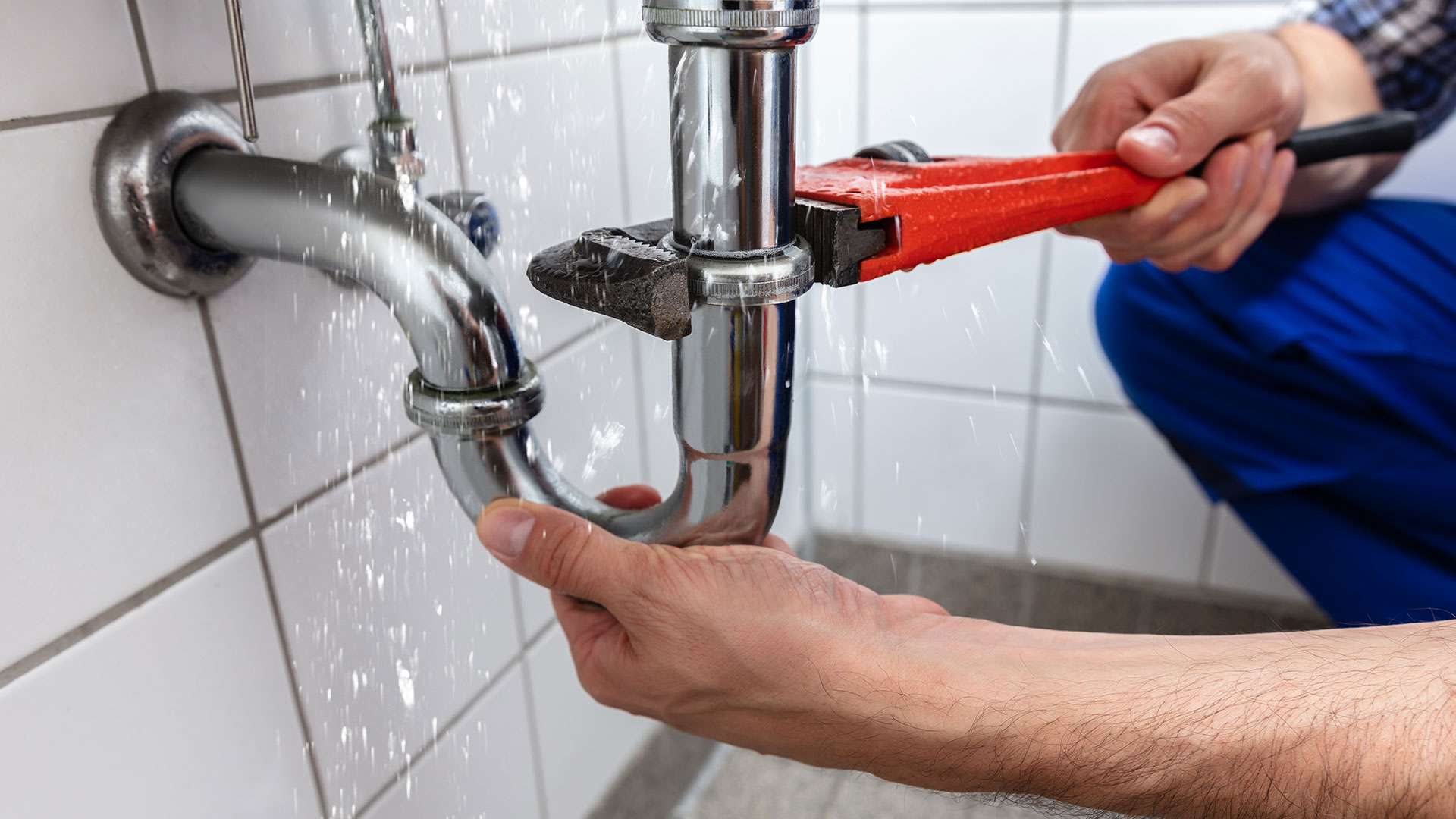All Categories
Featured
Table of Contents
Nevertheless, prior to you rush to call a plumber or make some bad DIY choice, you might intend to take an appearance at these plumbing tricks that can conserve you money and time. It is very important to recognize where you water turned off shutoff remains in your home, as this can conserve you from even more serious damages when pipes issues happen.
As soon as everything is transformed off, take a look at your water meter. An ongoing activity on your water meter when all water sources are transformed off is a clear red flag that needs prompt focus.
Nevertheless, slow drains pipes are usually a very early warning indication of a larger concern. It might suggest an obstruction in the production, a problem with your sewage system line, or perhaps tree origins penetrating your pipes. Rather than awaiting the drain to come to be completely blocked, take action as quickly as you notice a stagnation.

If these don't function, it may be time to employ a professional. Disregarding the problem might result in more severe and pricey troubles down the line. Recognizing where your major water shutoff valve is can save you from prospective water damages in instance of a major leakage or pipes disaster.
Should I Do My Own Plumbing?
Make certain every family adult understands where the shutoff valve is and exactly how to use it. In the occasion of a severe leakage, rapidly switching off your home's water supply can lessen damage and give you peace of mind while you wait for a plumber to arrive. It's a prominent idea that chemical drainpipe cleansers are the best service for clogged drains pipes a concept that could not be better from the truth.
The chemicals can wear away the inner lining of the pipelines, causing damaged frameworks, leakages, and also pipe ruptureds. Moreover, the environmental implications of these chemicals are substantial. They can seep into groundwater and infect it, posturing threats to neighborhood communities. The price of these possible damages far outweighs the cost of any kind of short-term convenience these cleansers may supply.
These devices can efficiently clear obstructions without creating any damages to your pipes. If these methods don't work, don't think twice to call an expert. Also, keep in mind that prevention is always better than remedy. Stay clear of pouring grease, oil, or any type of solid waste down your drains pipes, as they can strengthen and create obstructions.

Over-tightening can lead to several troubles, consisting of stripped screws and busted bolts, resulting in leaks or also water damage. This common blunder in Do it yourself pipes jobs can transform a minor repair right into a costly endeavor.
Should I Do My Own Plumbing?
Plumbing technician's tape, or Teflon or thread seal tape, is a must-have device for every homeowner. It produces water tight seals at pipeline threads, preventing leaks at joints and connections.
:max_bytes(150000):strip_icc()/top-plumbing-tools-1824860-hero-867cc1e34408463dbab86838f89e7762.jpg)
Prior to connecting any kind of installations, take a moment to cover a couple of layers of plumbing professional's tape around the threads in a clockwise instructions. See to it the tape covers all the threads and is wrapped firmly. This straightforward yet crucial action can save you from dealing with aggravating leakages down the line.
Keep in mind that for larger concerns, expert assistance is always recommended. To prevent this from taking place, take into consideration setting up pipeline insulation.
Plus, during chillier months, pipeline insulation can assist stop your pipelines from freezing and bursting a situation that can cause expensive repairs. When it involves securing components like faucets, many DIY enthusiasts naturally reach for a plumbing technician's putty. There's an alternative that might serve you far better silicone caulk.
Should I Hire A Plumber?
This flexibility permits it to suit slight shifts or motions without damaging the seal, giving a much more durable and long-lasting service. Simply remember to let the caulk treatment entirely according to the producer's directions before subjecting it to water to make certain the most effective results. "Doping" in pipes refers to applying pipe dope, or pipe joint compound, to the strings of pipes connections before they're screwed with each other.
Table of Contents
Latest Posts
Is Diy Plumbing Safe?
Is Diy Plumbing Safe?
Should I Do My Own Plumbing?
More
Latest Posts
Is Diy Plumbing Safe?
Is Diy Plumbing Safe?
Should I Do My Own Plumbing?